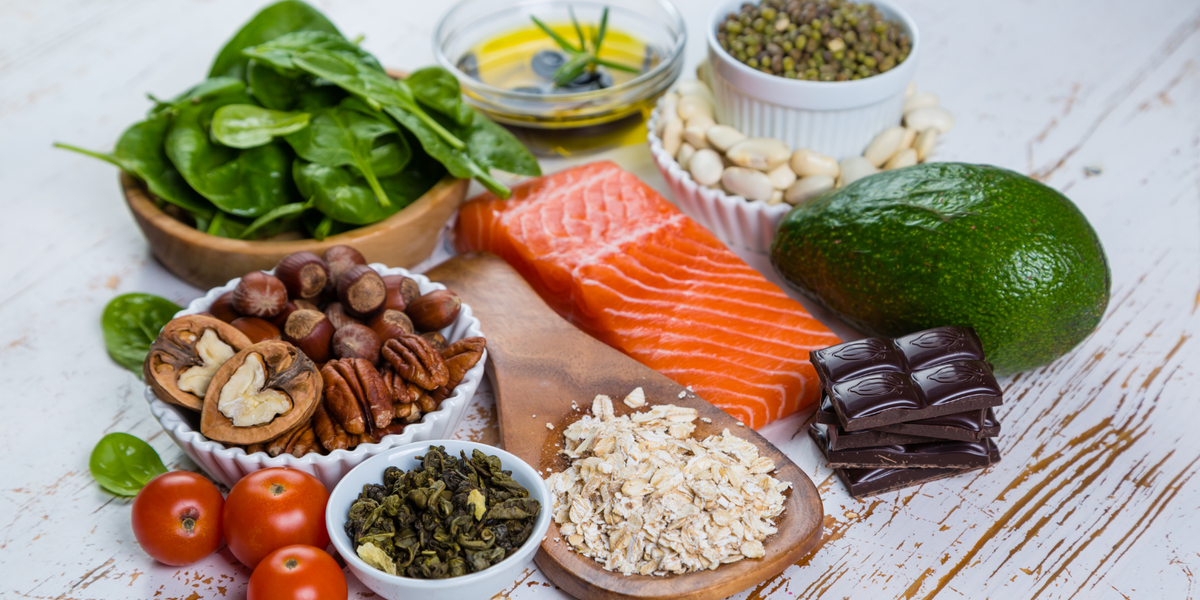Introduction
Improving nutrition is a vital step towards enhancing overall health and well-being. With a few mindful choices, anyone can adopt a more nutritious diet that fuels the body and supports long-term wellness. Here are four essential tips to guide you towards better nutrition.
1. Prioritize Whole Foods
Whole foods are the foundation of a nutritious diet. They are minimally processed and packed with essential nutrients.
- Fruits and Vegetables: Aim to fill half your plate with a variety of colorful fruits and vegetables. These foods are rich in vitamins, minerals, and antioxidants. Incorporating a range of colors ensures a balance of nutrients. Fresh, frozen, or canned options without added sugars or salts are all beneficial.
- Whole Grains: Choose whole grains over refined options. Brown rice, quinoa, whole wheat bread, and oats provide fiber, which aids digestion and helps maintain a healthy weight. Whole grains also offer sustained energy, preventing spikes in blood sugar levels.
- Lean Proteins: Include lean protein sources such as chicken, fish, beans, and tofu. Proteins are crucial for muscle repair and growth. Incorporating plant-based proteins can also provide additional fiber and nutrients.
- Healthy Fats: Focus on healthy fats from sources like avocados, nuts, seeds, and olive oil. These fats support heart health and are essential for absorbing fat-soluble vitamins.
2. Practice Portion Control
Understanding portion sizes is key to maintaining a balanced diet without overeating.
- Mindful Serving: Use smaller plates and bowls to help control portions naturally. This simple trick can prevent overloading and promote satisfaction with smaller amounts.
- Listen to Hunger Cues: Pay attention to your body’s hunger and fullness signals. Eating slowly and savoring each bite allows you to recognize when you’re satisfied, reducing the likelihood of overeating.
- Avoid Mindless Eating: Stay present during meals and avoid distractions like television or smartphones. Being mindful helps you enjoy your food and recognize when you’re full.
- Plan Meals and Snacks: Planning ahead can prevent impulsive eating. Prepare healthy snacks and meals in advance to ensure you have nutritious options readily available.
3. Stay Hydrated
Hydration is crucial for overall health and affects many bodily functions.
- Water First: Make water your primary beverage. It aids digestion, supports metabolism, and helps regulate body temperature. Aim for at least eight glasses a day, adjusting based on activity level and climate.
- Limit Sugary Drinks: Beverages like sodas and sweetened teas can add unnecessary calories and sugar. These drinks can contribute to weight gain and other health issues. Opt for herbal teas or infused water with slices of lemon, cucumber, or mint for a refreshing alternative.
- Monitor Caffeine and Alcohol: While moderate consumption is generally fine, excessive caffeine and alcohol can lead to dehydration and other health problems. Balance these beverages with plenty of water.
4. Plan Balanced Meals
Creating meals with a balance of macronutrients supports sustained energy and overall health.
- Include All Macronutrients: Each meal should contain carbohydrates, proteins, and fats. Carbohydrates provide energy, proteins support muscle and tissue health, and fats assist in nutrient absorption.
- Focus on Nutrient Density: Choose foods that are rich in nutrients but lower in calories. For example, leafy greens, lean meats, and whole grains offer more nutrients per calorie compared to processed foods.
- Meal Variety: Rotate different foods to prevent monotony and ensure a broader intake of nutrients. Experimenting with new recipes and ingredients can keep meals exciting and diverse.
- Smart Snacking: Choose snacks that provide nutritional value, such as yogurt with berries, nuts, or sliced vegetables with hummus. These options can help maintain energy levels between meals.
Conclusion
Better nutrition is achievable with conscious choices and a balanced approach to eating. By prioritizing whole foods, practicing portion control, staying hydrated, and planning balanced meals, you can enhance your diet and support overall health. These tips not only contribute to physical well-being but also promote a positive relationship with food, leading to a more vibrant and energetic life.

